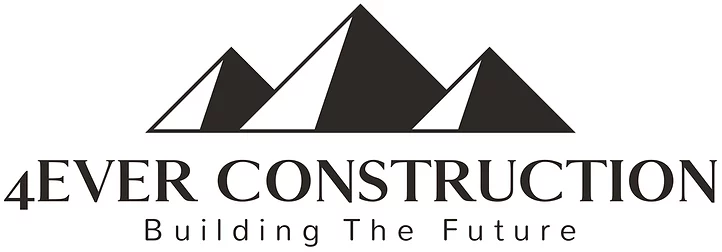Preventing Long-Term Damage: Masonry Restoration Tips for Property Managers
Property managers love masonry constructions because of their strength and everlasting appeal. However, with time, deterioration may occur due to weather exposure, pollution, and normal wear and tear. Thus, the structural integrity of the properties may be preserved and long-term harm can be avoided with the help of these Masonry Restoration Tips for Property Managers.
1. Frequent Inspections Are Essential
Regular inspections are one of the most important masonry repair strategies for property management. Determining minor problems can help save long-term damage and repair expenses. Thus, the property managers should;
- Examine the mortar for any gaps or cracks.
- Observe efflorescence symptoms (white,powdery material).
- Examine places that get a lot of moisture, including the vicinity of downspouts or foundations.
2. Take Quick Care of Cracks
Masonry cracks can allow rainwater to seep in, gradually weakening the building. In order to stop more damage, it’s important to fix these cracks as soon as they emerge.
3. Adjust Broken Mortar
The weather can cause the mortar that holds stones or bricks together to degrade. In order to restore structural integrity, the property managers should go for the procedure of repointing which involves removing broken mortar and replacing it with new mortar.
4. Carefully Clean the Masonry
Masonry structures require regular cleaning as part of their upkeep. However, using the wrong cleaning methods can do more harm. Therefore, the property managers should;
- Make use of mild cleaning techniques, such water washing with low pressure.
- Steer clear of aggressive chemicals that might degrade stone or brick surfaces.
- Before using cleaning techniques widely, test them on a tiny, discrete area.
5. Manage the Amount of Moisture
One of the main factors causing damage to masonry is moisture. So, property managers must regulate moisture to avoid problems such as efflorescence, mold growth, and freeze-thaw damage.
- To keep water away from the masonry, make sure the drainage is sufficient.
- Fix gutter and downspout leaks to lessen the exposure of water.
- Use sealants that repel water to shield brickwork without compromising its breathability.
6. Guard Against Cycles of Freeze and Thaw
Freeze-thaw cycles in colder regions can cause moisture in brickwork to expand and compress, seriously damaging the structure. To stop this, property managers must take action.
- Use penetrating sealants to lessen the absorption of water.
- To stop water from penetrating, make sure the mortar joints are unbroken.
- Make repairs before winter to prevent damage from freeze-thaw cycles.
Preserve Structures with Masonry Restoration Tips for Property Managers
Masonry buildings provide homes a timeless beauty, but to maintain their strength and appeal, they require adequate maintenance. Therefore, you may avoid long-term damage, preserve the integrity of the building, and safeguard your investment by following these masonry repair advice for property managers.



